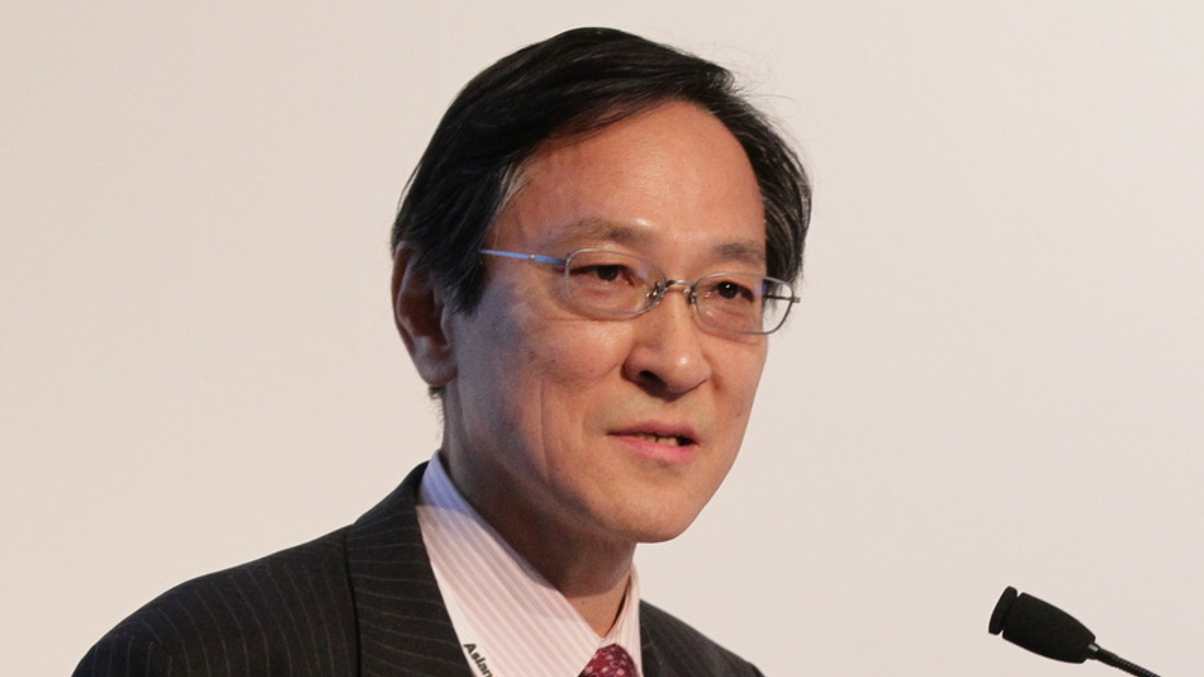Japan’s PFA brings record 40% of savings in-house
The nation’s seventh largest institutional investor terminated or did not renew six manager mandates and signed up or gave additional business to three more in the year to March 31.

Japan’s Pension Fund Association (PFA) has brought 40% of its retirement savings under house management – a new record in proportion terms, according to its annual report released yesterday.
Sign in to read on!
Registered users get 2 free articles in 30 days.
Subscribers have full unlimited access to AsianInvestor
Not signed up? New users get 2 free articles per month, plus a 7-day unlimited free trial.
¬ Haymarket Media Limited. All rights reserved.


